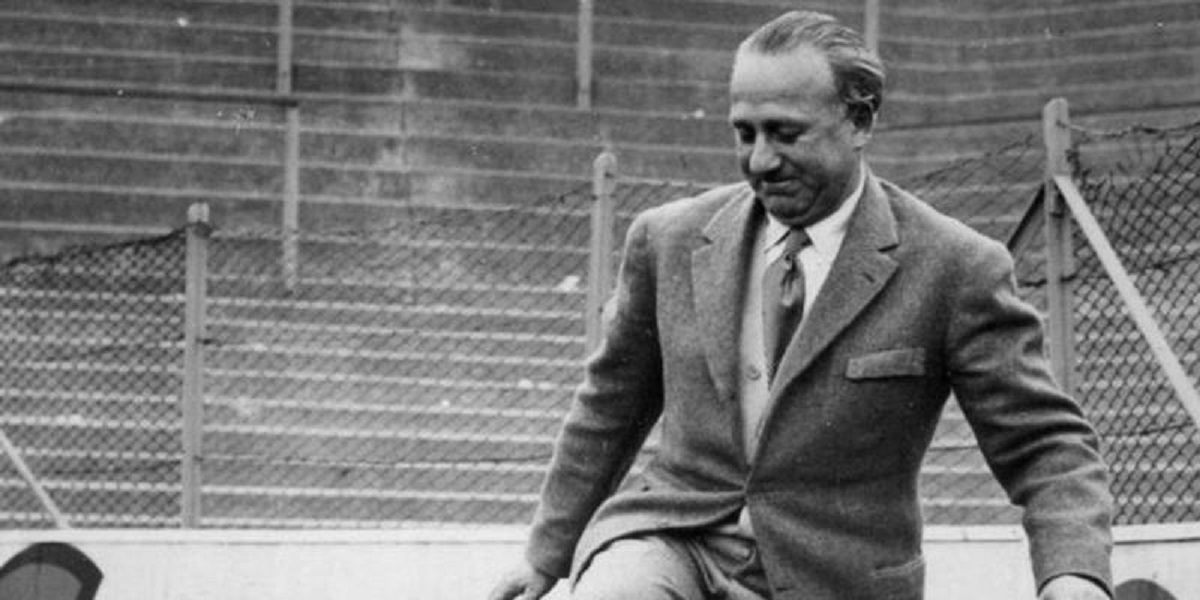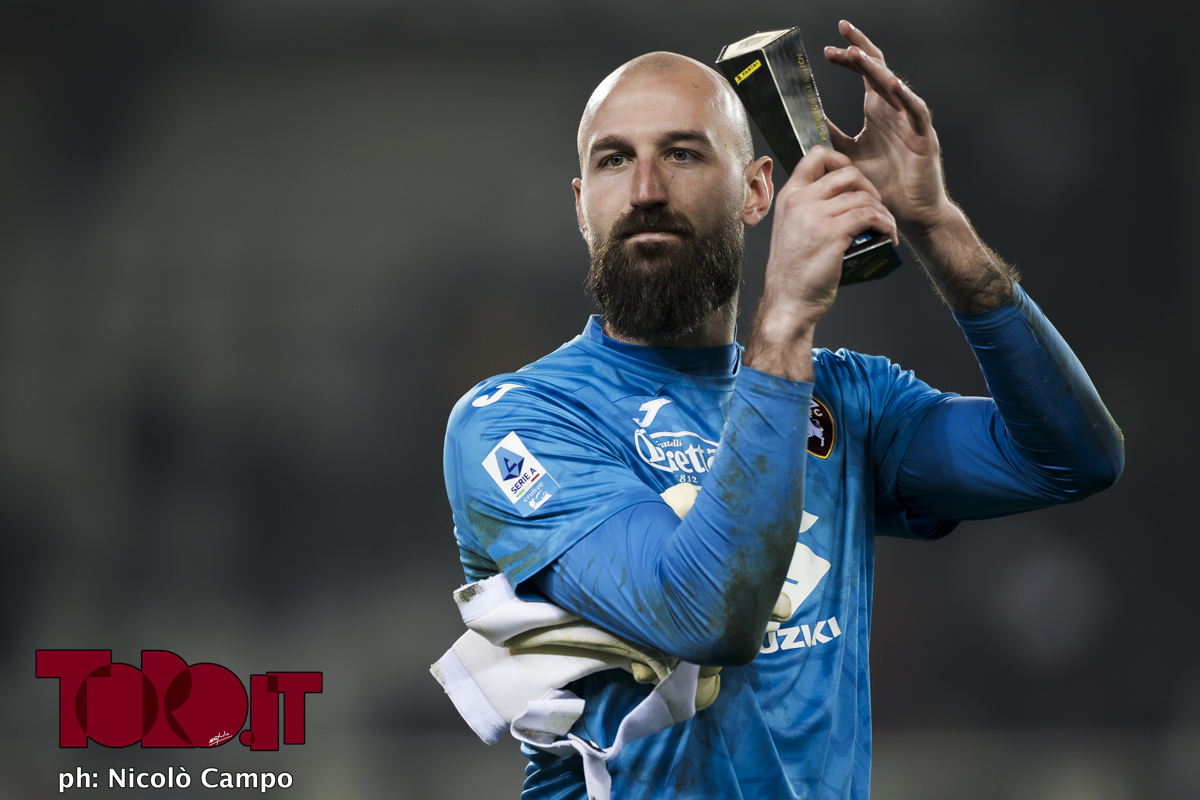Per il 25 aprile il ricordo di due uomini con un passato granata: Bruno Neri, morto partigiano e Erno Erbstein, sfuggito alle persecuzioni naziste
They won together, suffered apart and different. Bruno Neri and Erno Erbstein were a piece of Toro, one on the field and the other on the bench. Neri was a thoughtful fullback and half-back: a native of Faenza, he spent the central portion of his career in Florence with the boots, between 1929 and 1936. The latter was the year that brought him to the court of Erbstein, at the time coach of Lucchese. There he continued to be appreciated as a reliable player, so much so that he won the Azzurri jersey summoned by Vittorio Pozzo. In Lucca he stayed just a year, before leaving for Turin, where the Hungarian coach joined him in 1938, just in the months when fascist Italy was adopting the Racial Laws. Erno, from a Jewish family, was forced to flee with his wife Jolan and daughters Marta and Susanna. He set off in the direction of Rotterdam, but never got there: the Nazi cage first stranded him in Germany, then forced him to return to his native Hungary.
Erbstein, il legame con Novo. Neri diventò Berni
From there Erbstein continued to keep in touch with Ferruccio Novo, president of Torino, and to him suggested two names to reinforce the team: Valentino Mazzola and Ezio Loik, pillars of Venezia who later became legends under the Mole. Meanwhile, the war was inflaming.
In Italy, Neri switched from Torino to Faenza in 1940. And in the city of his childhood he turned into action the convictions matured in a lifetime of study. The halfback’s thoughts were not only on the ball. In Florence, in 1931, he refused to salute fascist hierarchs with his raised arm, his best-known gesture. But in the Tuscan capital he also loved to frequent the Giubbe Rosse café, where intellectuals such as Montale and Carlo Bo sat. He was an antifascist.
And so for the love of freedom, thanks to his cousin Virgilio, he enlisted in the resistance after September 8, 1943. He went up into the mountains, becoming Berni, commander of the Ravenna battalion — a post later given to his friend Vittorio Nico Bellenghi — and fought in synergy with Silvio Corbari’s group in the Apennines.
1944, l’anno più difficile. Quel giorno terribile all’eremo di Gamogna
1944. The Germans entered Budapest in March. The women of the Erbstein family found refuge in a convent used as a war factory, protected by the brave Catholic father Pàl Klinda. Erno was interned in a labor camp and miraculously escaped deportation to Poland.
In the Faenza mountains during those same months, Berni adhered to the Zella mission: through the radio of the same name, the various brigades were informed of the movements of German troops in the area, strategic documents were delivered to the Allies and airdrops were coordinated. On July 10, having set out on an advance, Neri and Bellenghi ran into a German patrol near the hermitage of Gamogna. There they fell in a firefight.
In Hungary, the harshest period had begun for Erno: the approach of the Red Army made the persecution even more ruthless. To escape the horror, Erno relied on Raoul Wallenberg – “Righteous Among the Nations” – and then thanks to his daughter Susanna managed to reunite with his family. He returned to Italy, to Turin, and under the protective wing of Novo waited for that April 25, 1945. Liberation.
Four years later, Erno would perish in the Superga crash. But not before delivering to history, as technical director, the most successful Torino ever.
Neri ed Erbstein: storie, legate, di coraggio
Blacks and Erbstein, pieces of Taurus in the five-year period of bullets, blood, dictatorship. But then also of the Resistance. Death and freedom, in the time when the causal link between the two was together a nightmare and an ideal. The partisan halfback and the Jewish coach suffered apart after being united on a ball field. But they both dreamed of a different world: the one tried until the end to lighten the burden of oppression, not as a hero but as a militant civilian; the other pursued “fearlessly, as a man steadfast in his morality” — as Susanna likes to recall him — salvation for himself and his family.
April 25 opened a door. Also to stories to keep in memory, “guidance, example and warning to future generations.”
La targa dedicata a Bruno Neri presso la casa natale di Faenza




